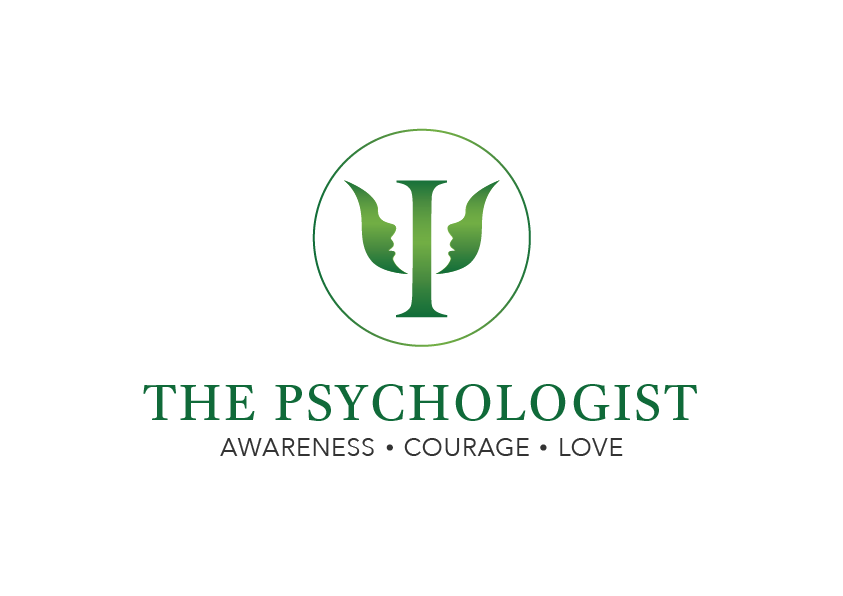“I Always Thought It Was Just Me”: Understanding ADHD in Adulthood
Marcus had always joked about being “scatter-brained.” He missed deadlines, forgot appointments, and found it hard to sit through meetings without feeling like his skin was crawling. For years, he chalked it up to personality quirks or burnout. But when a colleague casually mentioned ADHD in adults, something clicked. A flood of memories — unfinished school projects, impulsive job switches, and a constant inner restlessness — surfaced. Could this explain everything?
Many adults like Marcus grow up without realising they have ADHD (Attention-Deficit/Hyperactivity Disorder). Often mislabelled as lazy, disorganised, or simply ‘too much,’ adults with undiagnosed ADHD navigate life feeling overwhelmed and misunderstood. Once considered a childhood condition, we now understand ADHD doesn’t simply “go away.” In fact, studies suggest that up to 65% of children with ADHD continue to experience symptoms into adulthood.
What Does Adult ADHD Look Like?
While the stereotypical image of ADHD involves hyperactive schoolchildren, adult ADHD often manifests differently. Symptoms may include:
Chronic procrastination
Difficulty sustaining attention
Impulsivity (e.g., overspending, interrupting)
Restlessness or constant mental chatter
Struggles with time management
Emotional dysregulation or low frustration tolerance
These challenges can impact careers, relationships, and even self-esteem — often leading to a cascade of other mental health concerns like anxiety, depression, or substance use.
Myths, Misconceptions, and Missed Diagnoses
A common myth is that ADHD is overdiagnosed or merely an excuse for poor behaviour. Yet, many adults—especially women—are underdiagnosed, in part because they don’t fit the “hyperactive” stereotype. Instead, they may be labelled as anxious, moody, or disorganised.
Another misconception is that ADHD is always visible. But for many, the struggle is internal — an exhausting mental effort to stay focused or appear put-together in a world that rewards structure and consistency.
The Courage to Seek Help
Getting diagnosed as an adult can bring a mix of relief, grief, and even anger. Relief that there’s a name for what they’ve been battling. Grief for the years lost in self-doubt. Anger at the missed opportunities for support. But diagnosis is only the beginning. It’s the courageous first step toward a healthier, more intentional life.
Treatment and Support
ADHD treatment is not one-size-fits-all. A combination of medication, cognitive-behavioural therapy (CBT), executive functioning coaching, and lifestyle adjustments often yield the best outcomes. Mindfulness techniques and structured routines can also help manage daily challenges.
Importantly, a supportive environment — at home, work, or in therapy — fosters change. Whether you’re the person with ADHD or a loved one, offering patience and understanding makes a difference. As the saying goes, “connection is the opposite of chaos.”
Building Awareness and Self-Compassion
Awareness of adult ADHD is growing in Singapore, with new tools and diagnostic services becoming available. Still, stigma remains. Many adults fear being judged or labelled, which is why self-compassion is a vital part of the healing process. As one client once shared, “Learning I had ADHD helped me stop fighting myself. For the first time, I could start working with who I am.”
At The Psychologist, we believe in Awareness that leads to clarity, Courage that nurtures change, and Love that sustains it. You’re not alone — and you’re not broken. There is hope, and there is help.
